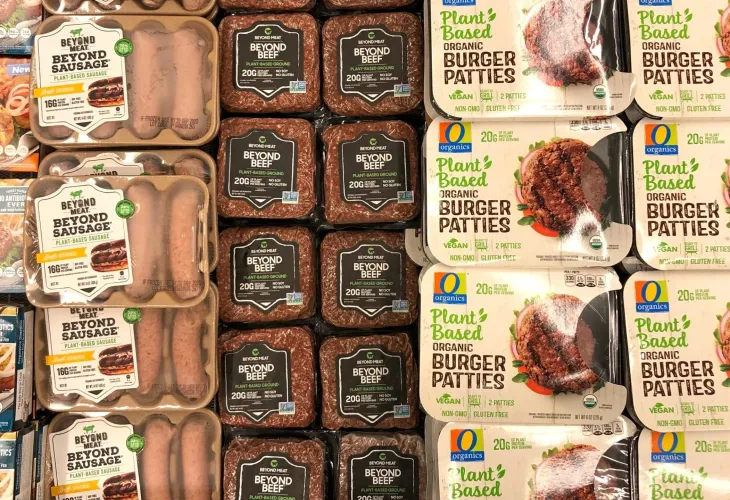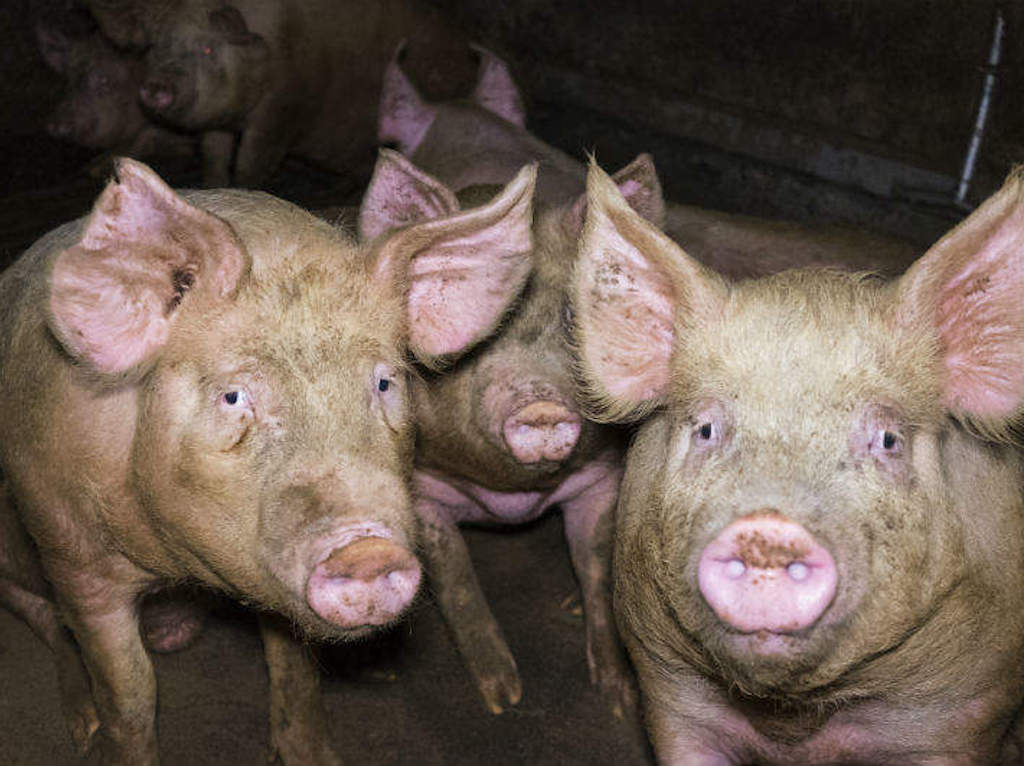By Bob Woods
- Cargill, the largest privately held company in the U.S. with $165 billion in 2022 revenue, is investing for the long game in plant-based food and a world which it forecasts will need 70% more protein over the next three decades.
- The agribusiness giant got into the market later than buzzy startups including Beyond Meat and Impossible Foods, as well as traditional rivals Tyson Foods, Hormel Foods and Smithfield Foods, but it is growing its alternative-protein portfolio including lab-grown beef, chicken and fish made from animal cells.
- Plant-based meat sales in the U.S. slightly declined, by 1%, in 2022, to $1.36 billion, after high double-digit growth in recent years.

Cargill is hardly a household name among consumers — even though it’s the largest privately held company in the U.S., with $165 billion in revenue in its fiscal year 2022. The 158-year-old Minneapolis-based agribusiness giant produces a slew of branded and private-label meats and food ingredients and offers a wide range of agriculture-related products and services.
In the last few years, flying somewhat under the public radar, Cargill has also become a formidable player in the plant-based meat industry, which has come back down to Earth after its meteoric rise about a decade ago, when venture-capital-backed disruptors Beyond Meat and Impossible Foods came on like gangbusters. Traditional meat companies, including Tyson Foods, Hormel Foods and Chinese-owned Smithfield Foods, jumped on the bandwagon, and the marketplace was soon flooded with faux beef, chicken and sausage.
Strategically, Cargill joined later in the game, and is now positioning itself to win the food fight that its competitors started.
In February 2020, almost a year after Beyond Meat’s IPO, Cargill introduced private-label plant-based patties and ground products for global retail and foodservice markets. Later that year, the company came out with a branded line — called Crave House, featuring plant-based burgers, ground, meatballs and sausages — for those same markets, as well as e-commerce channels. Additionally, Cargill began marketing several plant-based protein ingredients, made from soy, pea and wheat, to food and beverage manufacturers worldwide.

“We are a unique player,” said Florian Schattenmann, Cargill’s chief technology officer and head of research and development. “We have everything from the ingredients to the final meat-processing and distribution, and don’t play in fancy brands. That’s our strategy. I wouldn’t say it’s tempered, but deliberate and thoughtful, knowing where our strengths are and not overbuilding in watching the market.”
** Click here to read the full-text **









